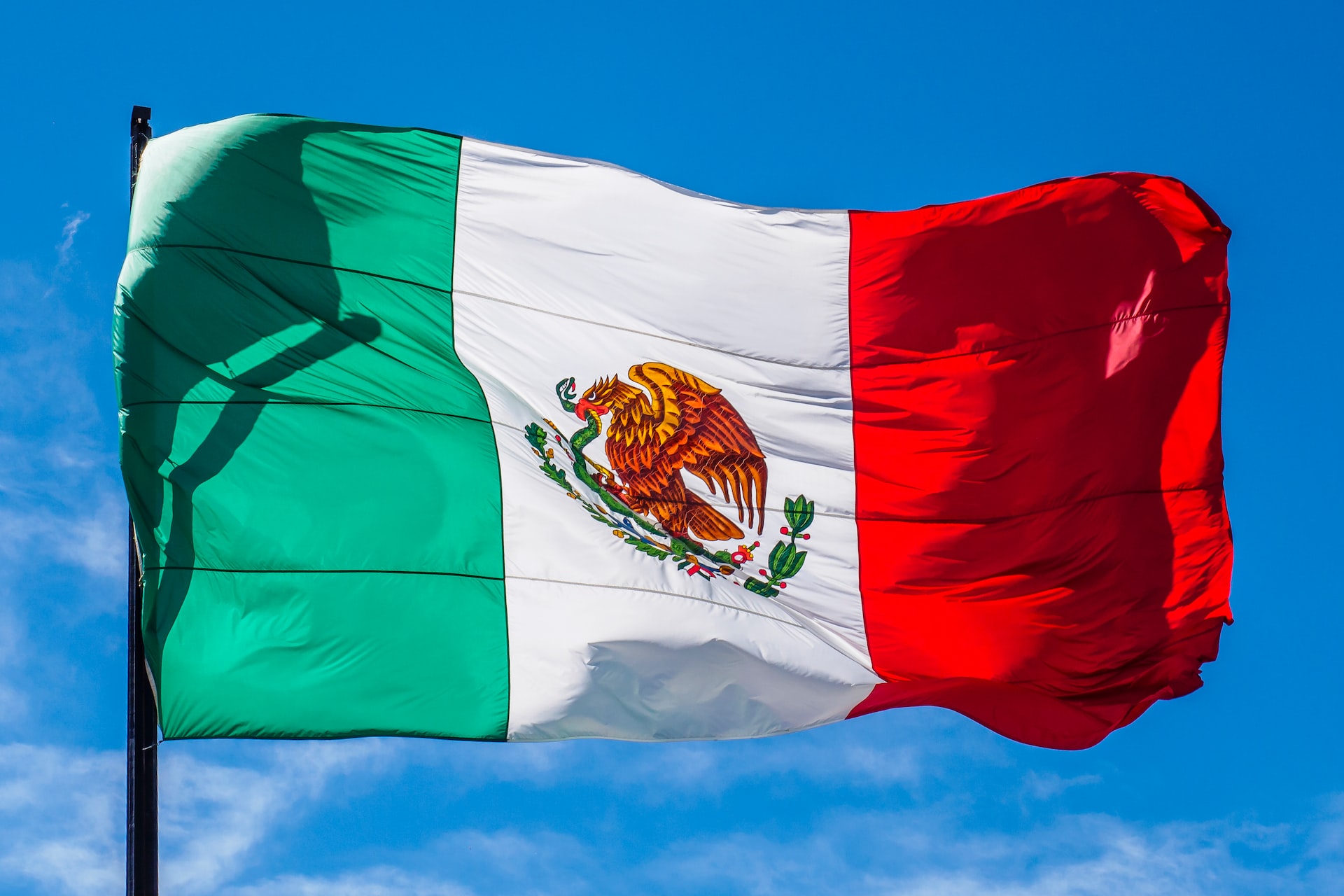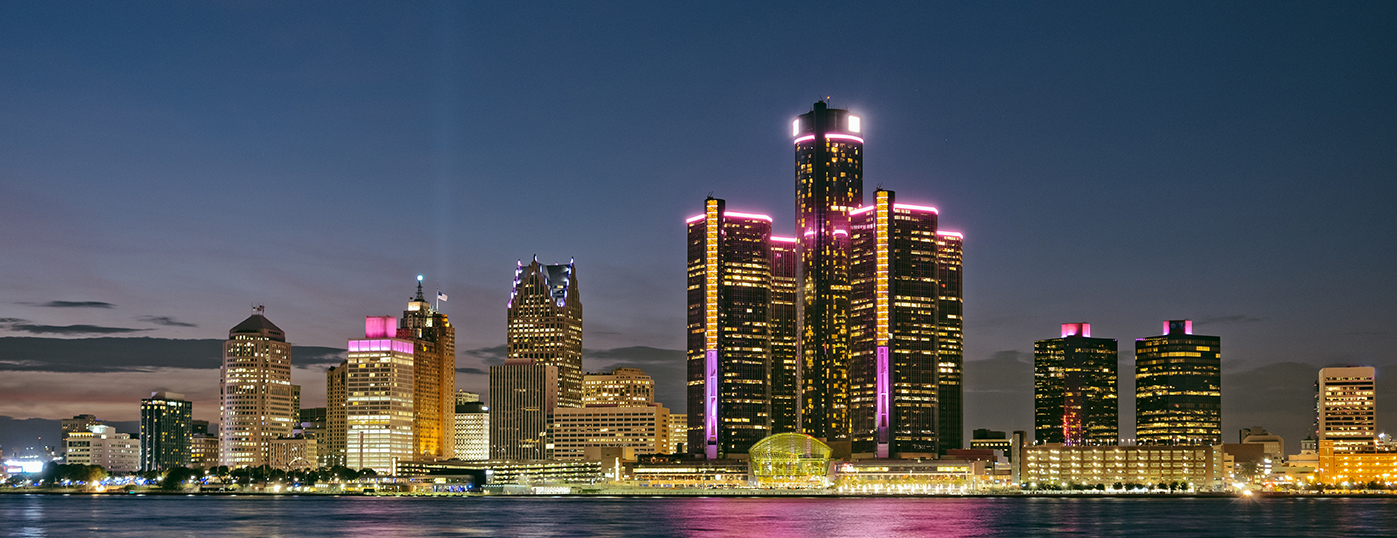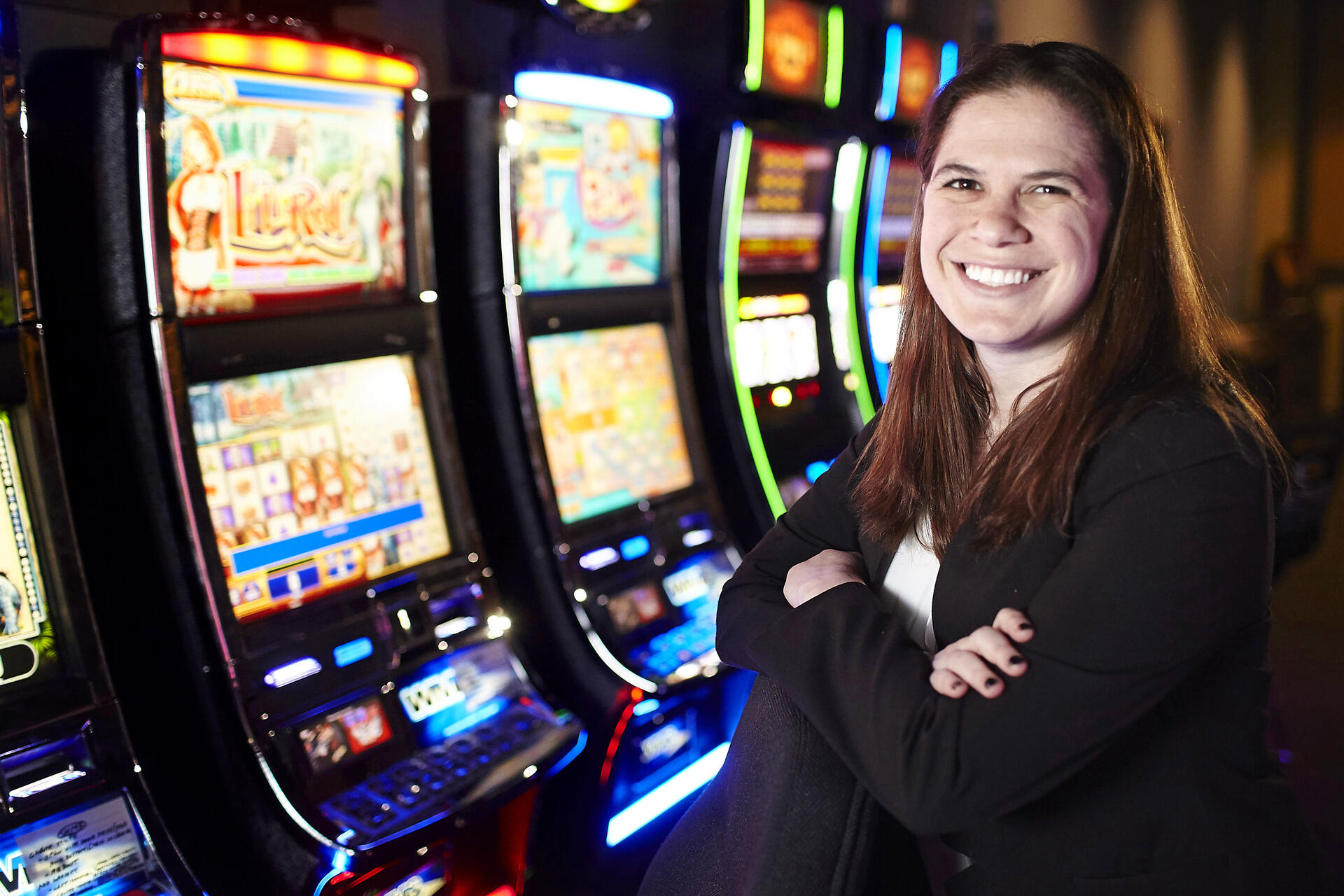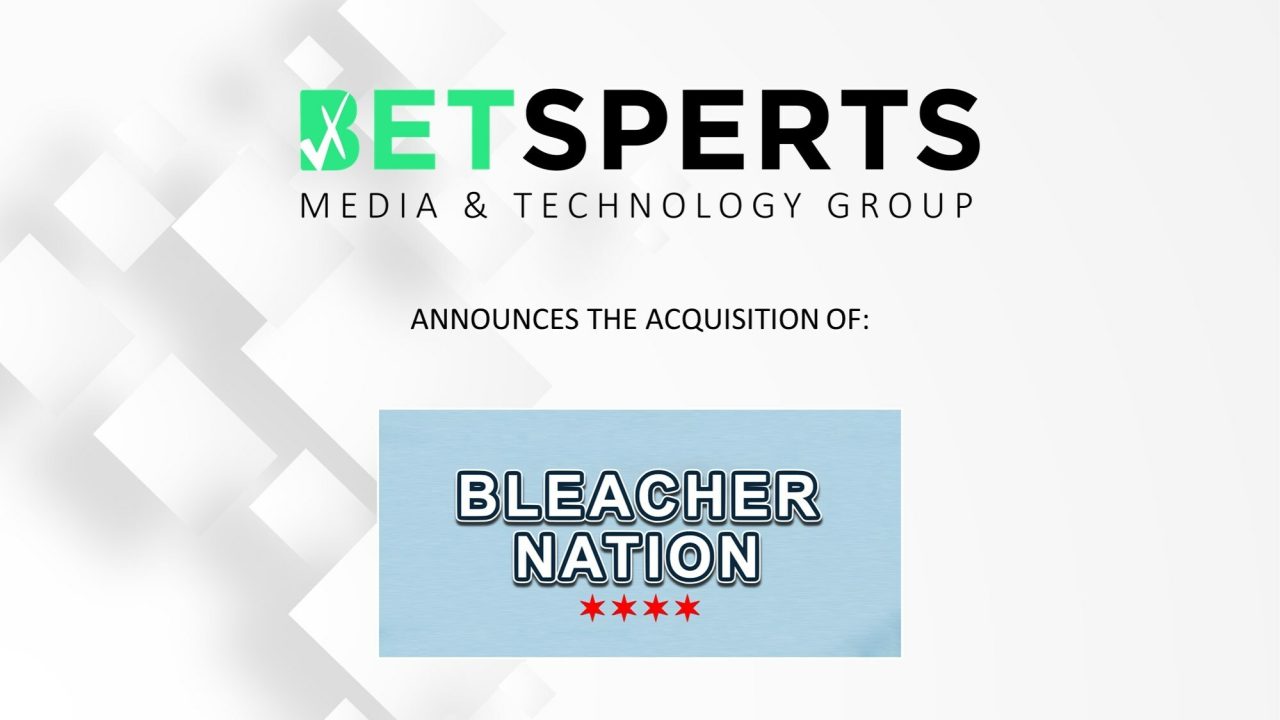
Discover the Different Gambling Policy Paths Taken by the Nordic Countries
If you are an avid fan of online gambling, then you likely already know the Nordic countries lead the way in legislation. But have you ever paused to consider why these five independent nations – Sweden, Finland, Norway, Denmark and Iceland – all practice different gambling policies? Are their rules as varied as the landscape, or does a particular pattern exist? In this blog post, we will take a closer look into online gambling regulation practices within each of these countries – from how they handle traditional games like lotteries and bingo to regulations surrounding casinos and other forms of wagering, such as sports betting and gaming machines. So, if you are interested in online gambling, find the top safe and reliable casinos at caziwoo casinot to play your favourite games.
The most popular types of gambling in Nordic countries
Gambling is a popular pastime in Nordic countries, and many different types of gambling are popular there. The laws regulating gambling vary from country to country. This can be due to many factors, such as the history of gambling in each country and the population’s religious beliefs.
In Finland, gambling is regulated by the Finnish Gaming Board. The main types of gambling that are legal in Finland are casino games, lotteries, and sports betting. Horse racing is also legal in Finland, but dog racing is not. Slot machines are not legal in Finland, although some exceptions exist for amusement arcades.
In Sweden, gambling is regulated by the Swedish Gambling Authority. The main types of gambling that are legal in Sweden are casino games, lotteries, and sports betting. Slot machines are not legal in Sweden, but bingo is.
In Norway, gambling is regulated by the Norwegian Gaming Board. The main types of gambling that are legal in Norway are casino games and lotteries. Sports betting is not legal in Norway, but horse racing is. Slot machines are illegal in Norway, although some exceptions exist for amusement arcades.
In Denmark, gambling is regulated by the Danish Gambling Authority. The main types of gambling that are legal in Denmark are casino games and lotteries. Sports betting is not legal in Denmark, but horse racing is. Slot machines are not legal in Denmark, although some exceptions exist for amusement arcades.
The different laws regulating gambling in Nordic countries can be attributed to various factors. In Sweden and Finland, for example, the laws may be based on the historical influence of the Church on society. In Norway and Denmark, on the other hand, the laws may be based on secular values instead. Additionally, the population’s religious beliefs may also play a role in determining which types of gambling are legalized. In Sweden and Finland, for example, lotteries may be more popular than casino games because lotteries have a stronger link to charity than casino games do.
How lottery games are regulated in Nordic countries
Lottery games in Nordic countries are regulated by their individual governments. In Sweden, for example, the Lotteries Act of 1994 regulates state-run and private lotteries. This act establishes the Swedish Gaming Board as the regulatory authority for all lotteries in Sweden. The board is responsible for issuing licenses to operators, ensuring compliance with the law, and investigating any possible illegal activities.
In Norway, the Lotteries Act of 1992 sets out the regulatory framework for lotteries in the country. This act establishes the Norwegian Gaming Board as the regulatory authority for all lotteries in Norway. The board is responsible for issuing licenses to operators, ensuring compliance with the law, and investigating any possible illegal activities.
The Gambling Tax Act of 2012 regulates state-run and private lotteries in Denmark. This act establishes the Danish Gambling Authority as the regulatory authority for all lotteries in Denmark. The authority is responsible for issuing licenses to operators, ensuring compliance with the law, and investigating any possible illegal activities.
The Lottery Act of 1999 regulates state-run and private lotteries in Finland. This act establishes the Finnish Gambling Board as the regulatory authority for all lotteries in Finland. The board is responsible for issuing licenses to operators, ensuring compliance with the law, and investigating any possible illegal activities.
How casino gambling is treated in each Nordic country
Casino gambling is legal in all Nordic countries, but there are some differences in how it is treated. In Denmark, for example, casino gambling is a state-owned monopoly. This means that the only place you can gamble in a casino is at one of the two state-owned casinos in the country. In Sweden, on the other hand, there are no restrictions on private casinos, so you can gamble at any casino you want.
In recent years, Norway and Finland have tried to liberalize their casino gambling laws. In Norway, a new law was passed in 2015 that allowed private companies to operate casinos. However, the regulations are quite restrictive, and only a handful of companies have been granted licenses. In Finland, a bill that would have allowed private companies to operate casinos was introduced in Parliament in 2016, but it was ultimately defeated.
Iceland has been more reluctant to liberalize its casino gambling laws. The state owns the only casino in the country, and there are no plans to change that.
How sports betting is handled in the Nordics
The way sports betting is handled in Nordic countries varies from country to country. In Finland, for example, gambling is legal and regulated by the government. The Finnish Gaming Board oversees all gambling activity in the country, and punters must place their bets through one of its licensed operators. Betting on football is particularly popular in Finland, and many firms offer odds on domestic and international matches. In Sweden, by contrast, gambling is illegal apart from a few state-owned casinos. Swedes must bet with offshore operators if they want to bet on sports. This has resulted in a thriving black market for sports betting, with an estimated $2 billion per year. Swedish punters are particularly fond of betting on horse racing, as there are no legal ways to do so within the country.
Conclusion
In general, Nordic countries have fairly permissive gambling laws. Casino gambling is legal in all Nordics, and sports betting is legal or tolerated. However, there are differences in how these activities are regulated from country to country. For example, Denmark has a state-owned monopoly on casino gambling, while Sweden allows private casinos. Norway and Finland are currently trying to liberalize their gaming laws by permitting private companies to offer online casino games. As a small and isolated nation, Iceland has been more reluctant to liberalize its gaming sector, but this may change over time. Despite these differences, Nordic countries remain popular destinations for punters seeking an entertaining online gaming experience!










